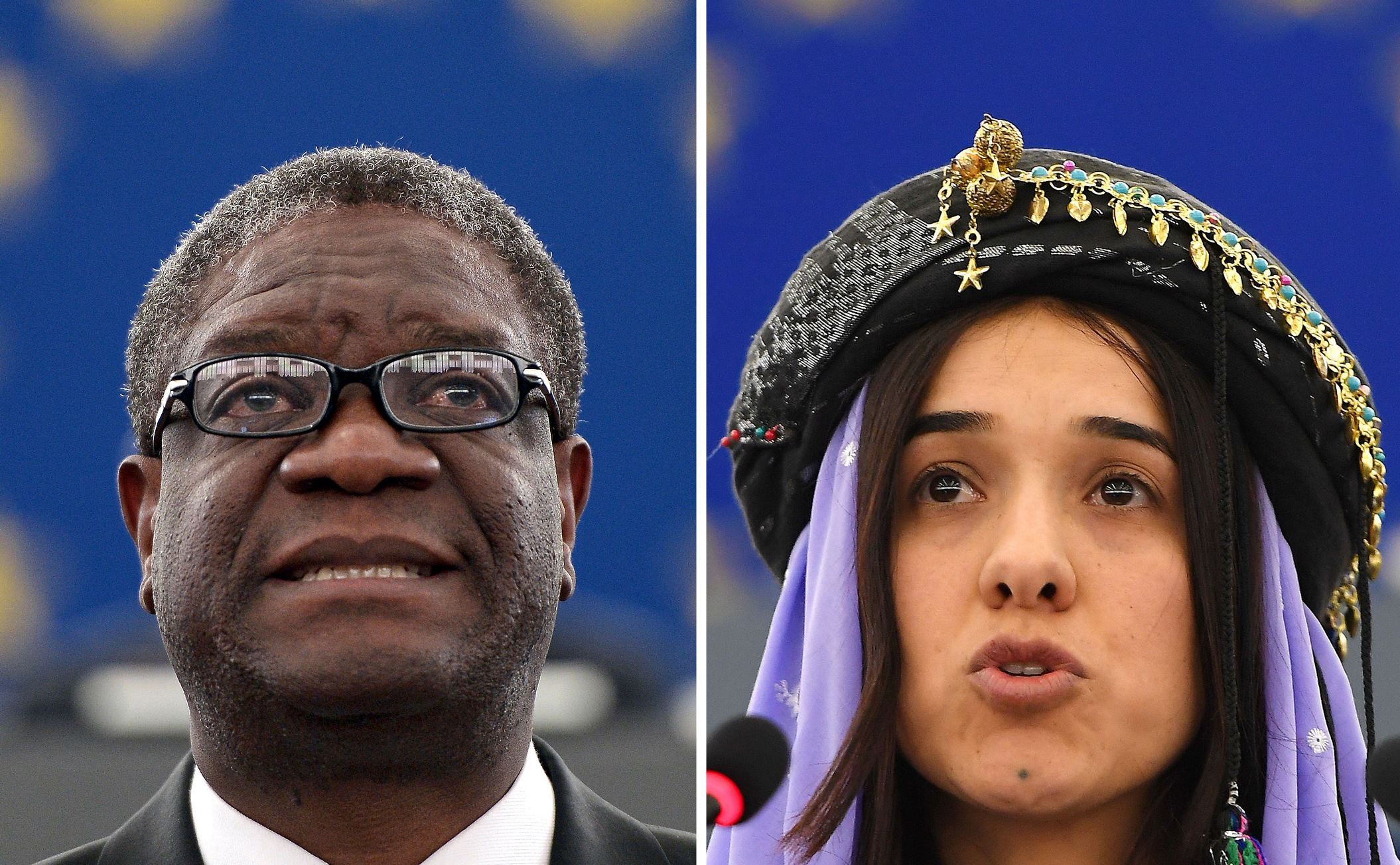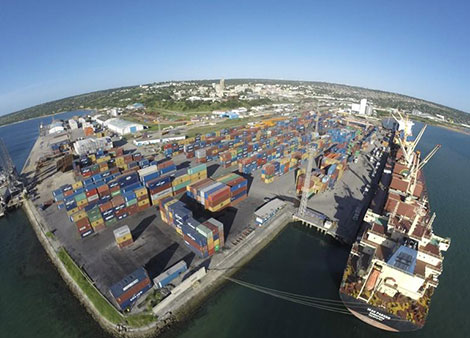IFC, a member of the World Bank Group, together with the Mastercard Foundation, have launched the Digital Financial Services for Agriculture Handbook to support the expansion of financial inclusion to smallholder farmers and agricultural value chain actors in Sub-Saharan Africa.
Financial inclusion has expanded dramatically in the region over the past 10 years due to the rapid evolution of mobile money and agent banking. But access to formal financial services remains limited in rural areas and in the agricultural sector.
Although agriculture contributes to about 18 percent of GDP across Sub-Saharan Africa, only an estimated one percent of bank lending in the region is allocated to the agricultural sector.
Riadh Naouar, IFC Manager for Financial Institutions Group Advisory in Sub-Saharan Africa, said “This handbook will help financial services providers better understand smallholder farmers and other actors in the agricultural value chains, and how to develop and launch sustainable financial services for them. Digital services can help farmers better access inputs, weather updates, pricing information, and markets.”
This is the fourth handbook on how to develop digital financial services published by the Partnership for Financial Inclusion, a $37.4 million joint initiative of IFC and the Mastercard Foundation to expand microfinance and advance digital financial services in Sub-Saharan Africa.
The handbook was officially launched at the 2018 Partnership Knowledge Event in Dar es Salaam, Tanzania, which brings together about 200 industry practitioners and experts to explore the future of financial inclusion in Africa.
In a joint call to the industry, Sergio Pimenta, IFC Vice President, Middle East and Africa, and Ann Miles, Director, Thought Leadership and Innovation, Mastercard Foundation, urged stakeholders to move beyond the remarkable advances for financial inclusion of recent years. “It is now time for the regional financial industry, investors, development finance institutions, and regulators to make a final push and build on the gains made so far so that the benefits of formal financial services extend to all African adults.”
There is an emerging body of evidence on the impact that digital financial inclusion can have on inclusive economic growth and development. A Partnership study showed that smallholder cocoa farmers in Côte d’Ivoire who saved regularly were better able to feed their families than those who did not save, irrespective of the farmers’ annual income.
The same study also revealed that many smallholder cocoa farmers felt ‘socially excluded’ by traditional banks but were generally accepting of agent banking and digital services.
The Digital Financial Services for Agriculture Handbook is available online, together with all other research reports and knowledge publications of the Partnership for Financial Inclusion.


